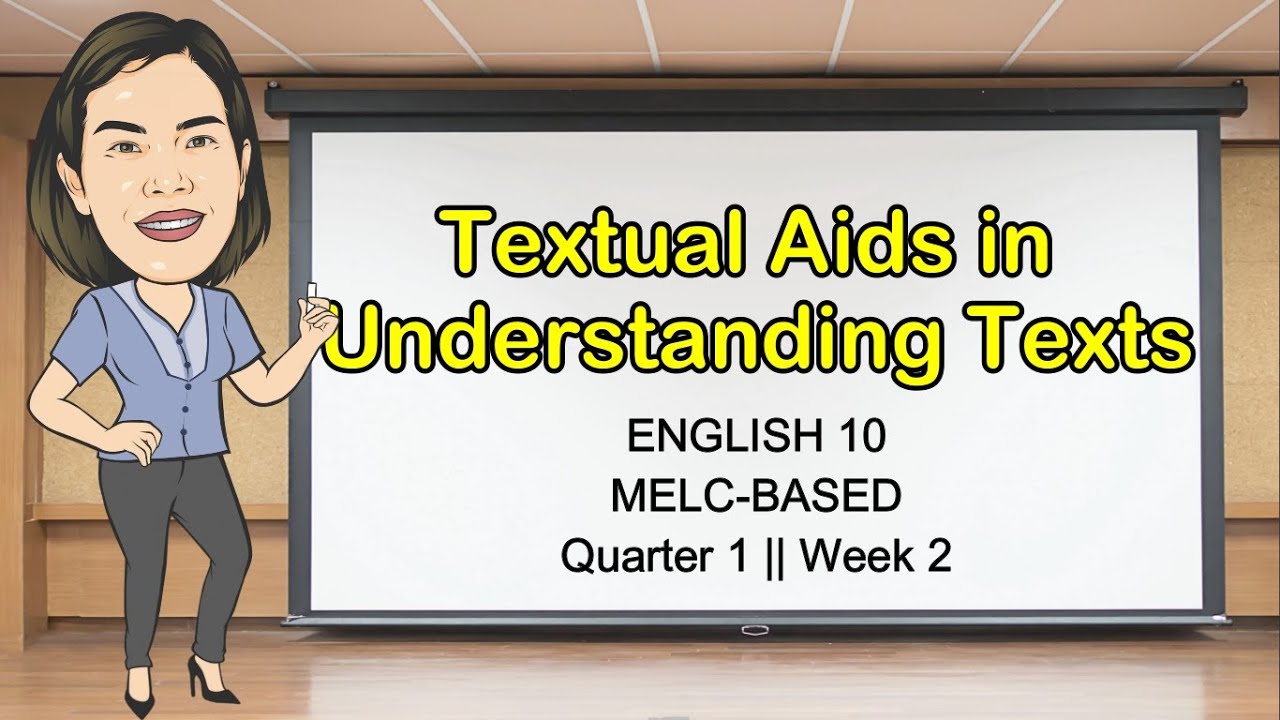HISTORICAL LITERARY APPROACH + EXAMPLE || QUARTER 3 WEEK 8 || MELC-Based || Aizie Dumuk
Summary
TLDRIn this educational video, Teacher Izzy introduces the concept of historical criticism, focusing on its significance in understanding biblical texts. The approach emphasizes the importance of historical and cultural contexts in interpreting literature, addressing key questions about authorship and original meaning. Izzy outlines three main methods: source criticism, form criticism, and reduction criticism, illustrating their applications through the analysis of the Gospel of Matthew. The lesson also highlights José Rizal's novel 'Noli Me Tangere' as a critical reflection on Spanish colonial rule in the Philippines. The video encourages deeper engagement with literary analysis and invites viewers to explore various literary approaches.
Takeaways
- 😀 The historical literary approach involves examining the historical and cultural context of a text to enhance understanding.
- 😀 Historical criticism seeks to uncover the original meaning of biblical texts by analyzing their context, authorship, and audience.
- 😀 Key questions in historical criticism include who wrote the text, when it was written, and what societal issues influenced its creation.
- 😀 Source criticism investigates the origins of a text to determine whether it comes from a single author or multiple sources.
- 😀 Form criticism analyzes linguistic patterns within a text to understand its claims and significance.
- 😀 Reduction criticism looks at how various traditions are integrated into a single narrative within a text.
- 😀 Jose Rizal's 'Noli Me Tangere' is highlighted as a significant work that critiques Spanish colonial rule in the Philippines.
- 😀 Rizal’s novel influenced Filipino unity against colonization while advocating for peaceful reform.
- 😀 The script encourages exploration of other literary approaches, such as feminist, Marxist, and formalist criticism.
- 😀 The discussion concludes with a reminder of Socrates’ philosophy on the importance of self-examination.
Q & A
What is historical criticism?
-Historical criticism is an approach to literary criticism that examines the historical and cultural context in which a text was written to gain a deeper understanding of its meaning.
What are the primary goals of the historical literary approach?
-The primary goals are to understand the text's meaning in its original context, identify the author and the time of writing, and explore the text's significance to its original audience.
What methods do scholars use in historical literary criticism?
-Scholars use various methods, including source criticism, form criticism, and reduction criticism, drawing from fields like linguistics and archaeology.
What is source criticism?
-Source criticism examines whether texts originated from a singular source or multiple sources, and investigates the relationships between these sources.
How does form criticism analyze a text?
-Form criticism analyzes the linguistic patterns and structures within a text to understand its claims and broader implications.
What does reduction criticism focus on?
-Reduction criticism looks at how various traditions are woven together into a single text, analyzing how an author adapts material from other sources.
Who is José Rizal, and what is 'Noli Me Tangere'?
-José Rizal was a Filipino nationalist and author of 'Noli Me Tangere', a novel published in 1887 that critiques Spanish colonial rule in the Philippines.
What impact did 'Noli Me Tangere' have on Filipino society?
-The novel played a crucial role in unifying Filipinos against Spanish colonizers and influenced political movements, despite Rizal advocating for non-violent reform.
What broader themes do family films often explore, according to the script?
-Many family films, despite their heartwarming nature, often include themes of death, loneliness, and the separation of children from their parents.
What quote from Socrates is mentioned, and what does it signify?
-The quote mentioned is 'The unexamined life is not worth living,' which emphasizes the importance of reflection and critical thinking in life.
Outlines

This section is available to paid users only. Please upgrade to access this part.
Upgrade NowMindmap

This section is available to paid users only. Please upgrade to access this part.
Upgrade NowKeywords

This section is available to paid users only. Please upgrade to access this part.
Upgrade NowHighlights

This section is available to paid users only. Please upgrade to access this part.
Upgrade NowTranscripts

This section is available to paid users only. Please upgrade to access this part.
Upgrade NowBrowse More Related Video

INTRODUCTION TO LITERARY CRITICISM || QUARTER 3 WEEK 6 || GRADE 10 || MELC-Based || Aizie Dumuk

TEXTUAL AIDS IN UNDERSTANDING TEXTS || Quarter 1 Week 2 || English 10 || MELC-BASED || Aizie Dumuk

STRUCTURALIST LITERARY APPROACH || QUARTER 3 WEEK 6 || English 10 || MELC-Based || Aizie Dumuk

EXPOSITION || QUARTER 2 WEEK 5 || ENGLISH 10 || MECL-BASED || Aizie Dumuk

Tugas PKM 1a(Keterampilan Bertanya)

What does the original Hebrew text reveal about Genesis 1-11? - Dr. Steve Boyd
5.0 / 5 (0 votes)